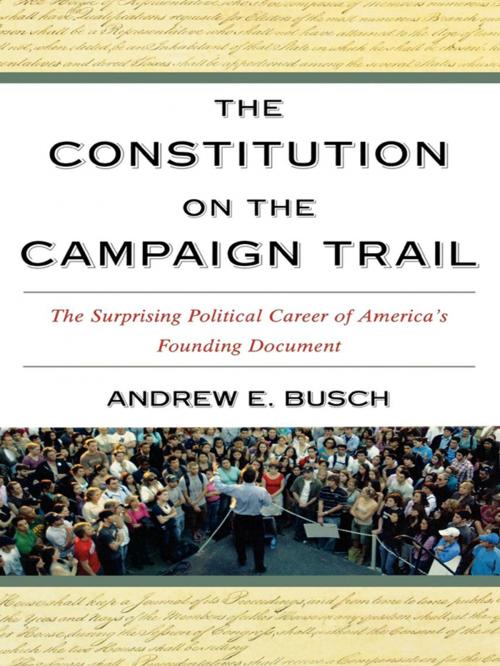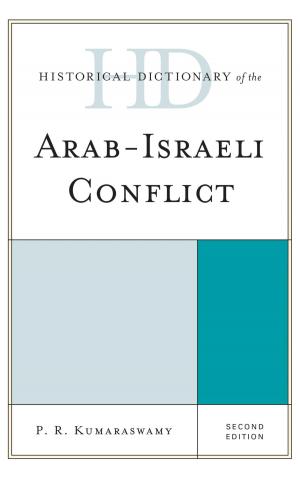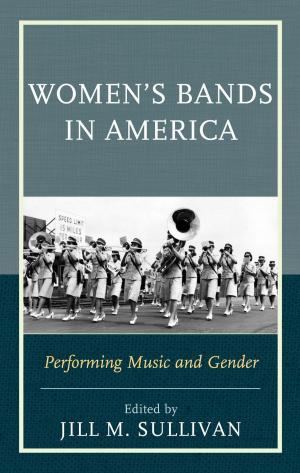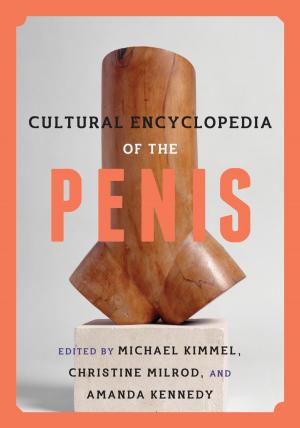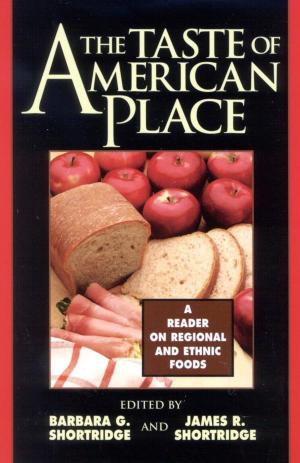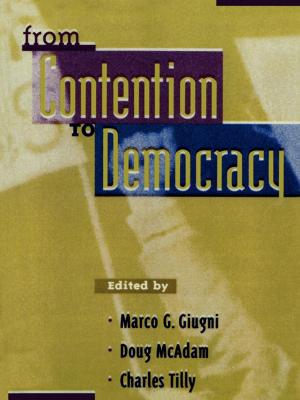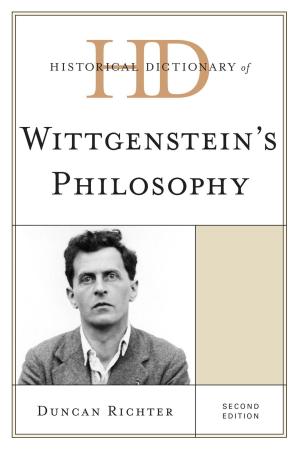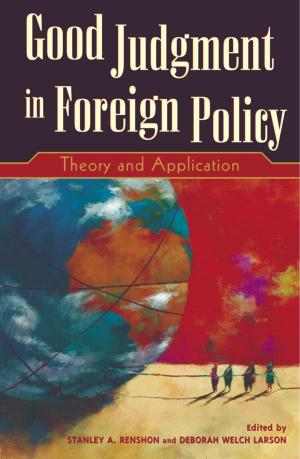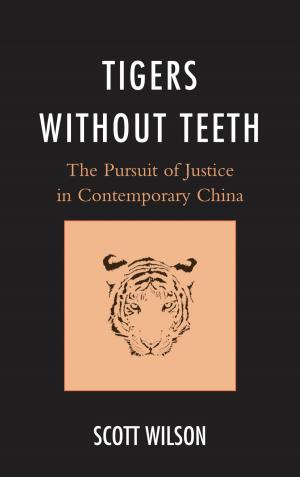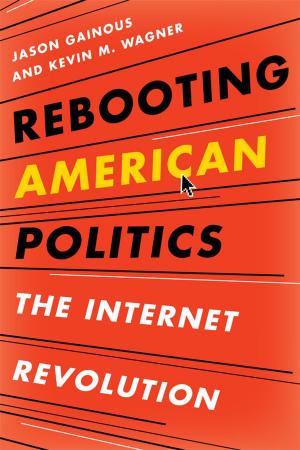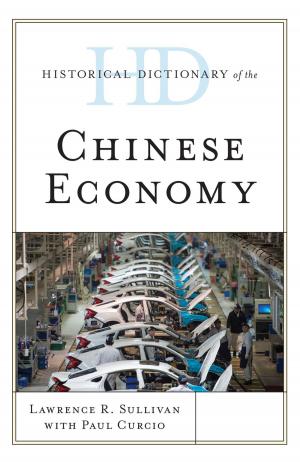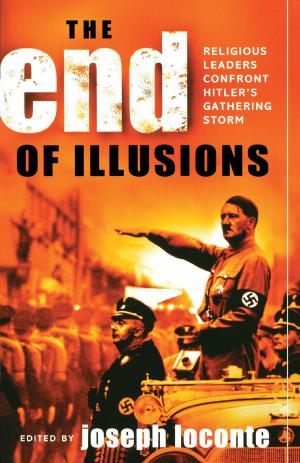The Constitution on the Campaign Trail
The Surprising Political Career of America's Founding Document
Nonfiction, Social & Cultural Studies, Political Science, Government, Democracy| Author: | Andrew E. Busch | ISBN: | 9780742574939 |
| Publisher: | Rowman & Littlefield Publishers | Publication: | September 16, 2007 |
| Imprint: | Rowman & Littlefield Publishers | Language: | English |
| Author: | Andrew E. Busch |
| ISBN: | 9780742574939 |
| Publisher: | Rowman & Littlefield Publishers |
| Publication: | September 16, 2007 |
| Imprint: | Rowman & Littlefield Publishers |
| Language: | English |
The Constitution is the fundamental governing document of the United States. But to what extent do candidates and parties make constitutional arguments in the course of American elections? By examining party platforms, candidate messages, presidential debates, and television ads, The Constitution on the Campaign Trail answers four main questions: How often does constitutional rhetoric appear in campaigns? How much of it is explicit and how much implicit? What constitutional topics receive the most attention? And how often do the electoral competitors engage in an actual constitutional dialogue? The Constitution on the Campaign Trail finds evidence for a long, broad decline in the use of constitutional rhetoric since the mid-19th century. Making matters worse, the modern medium most responsible for conveying campaign messages on a day-to-day basis_television advertising_-has proven least conducive to constitutional argument. To that extent, concerns about a deconstitutionalization of politics are well placed. However, and perhaps surprisingly, American campaigns have actually seen a limited resurgence in constitutional rhetoric over the past four decades, driven in large part by increased concern with judicial issues, rights, and federalism. The book concludes with explanations of past trends and a look to the future. The political analysis found in The Constitution on the Campaign Trail is firmly grounded in historical research and the conclusions reached are trenchant.
The Constitution is the fundamental governing document of the United States. But to what extent do candidates and parties make constitutional arguments in the course of American elections? By examining party platforms, candidate messages, presidential debates, and television ads, The Constitution on the Campaign Trail answers four main questions: How often does constitutional rhetoric appear in campaigns? How much of it is explicit and how much implicit? What constitutional topics receive the most attention? And how often do the electoral competitors engage in an actual constitutional dialogue? The Constitution on the Campaign Trail finds evidence for a long, broad decline in the use of constitutional rhetoric since the mid-19th century. Making matters worse, the modern medium most responsible for conveying campaign messages on a day-to-day basis_television advertising_-has proven least conducive to constitutional argument. To that extent, concerns about a deconstitutionalization of politics are well placed. However, and perhaps surprisingly, American campaigns have actually seen a limited resurgence in constitutional rhetoric over the past four decades, driven in large part by increased concern with judicial issues, rights, and federalism. The book concludes with explanations of past trends and a look to the future. The political analysis found in The Constitution on the Campaign Trail is firmly grounded in historical research and the conclusions reached are trenchant.
